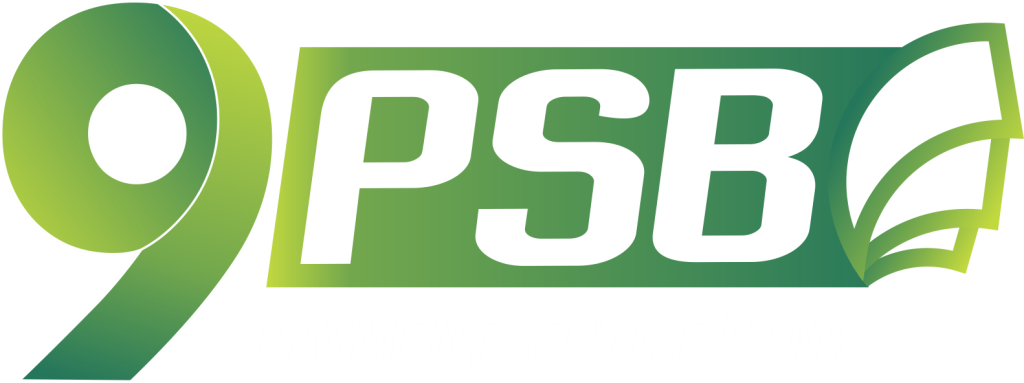Security Information
Policy Statement
9 Payment Service Bank is committed to understanding and effectively managing risks related to Information Security to provide greater assurance and confidence for our employees, customers, suppliers, and the communities in which we operate. Finding the appropriate balance between information security risk and the business which promotes business performance and minimizes potential future exposures.
Our Responsibility
9 Payment Service Bank has implemented the ISO/IEC 27001:2013 standard which has been validated by an independent third-party certification body. Our Information Security Management System (ISMS) policy outlines how we have established, managed, measured, and evolve our information security framework.
This offers us numerous benefits, including:
-
Reduced risk of sensitive information loss, harm, or embarrassment.
-
Assurance to customers, staff, board members, suppliers, and stakeholders regarding data security.
-
The ability to bid for business opportunities requiring ISO/IEC 27001 certification.
-
A public demonstration of our commitment to information security.
-
Recognition of the quality of our security controls.
-
Year-on-year improvement in information security.
-
A proactive approach to reducing security incidents
-
Improved alignment of security controls with business needs.
-
Increased awareness of information security.
-
Enhanced ability to manage security breaches, limiting reputational damage.
Your Responsibility
By following these guidelines, consumers can enhance the security of their financial information and transactions, hereby reducing the risk of falling victim to various online threats and scams.
-
Keep Your Credentials Secret (Username and Passwords): Your login credentials, including your username and password, are like keys to your financial kingdom. Guard them closely and never share them with anyone.
-
Establish Connections with a Trusted Internet Source: When conducting online transactions, always connect to the internet via a trusted network. Avoid using public Wi-Fi networks for sensitive financial activities because these networks may be less secure. Instead, use your mobile data or a trusted private network to help ensure the safety of your data.
-
Verify Websites and Links: Before clicking on any website link or visiting a new website, take a moment to verify its legitimacy. Be cautious of phishing attempts, where malicious websites imitate legitimate ones to steal your information. Ensure the website uses "https://" and verify the website's URL to avoid malware or ransomware threats.
-
Single Device Access: It is safer to log into your banking platforms from a single trusted device. Avoid using shared devices or friend's laptops for banking activities. Using a personal device with up-to-date security software reduces the risk of unauthorized access to your financial information.
-
Logout After Transactions: Always remember to log out of your online banking or financial platforms after completing your transactions. This step is especially crucial when using public computers or shared devices.
-
SMS Alerts and Account Privacy: Be mindful of the information shared through SMS alerts. Ensure that your text message alerts do not reveal sensitive details about your financial accounts, like your account balance. You can customize your alerts to provide only necessary information without compromising your security.
-
Contact 9PSB for Suspicious Activities: If you notice any suspicious or unauthorized activities in your financial account, contact our support immediately. Prompt reporting of such incidents can help protect your account and minimize potential losses. You can reach out to 9PSB through our customer support channels provided on our website or via phone.


